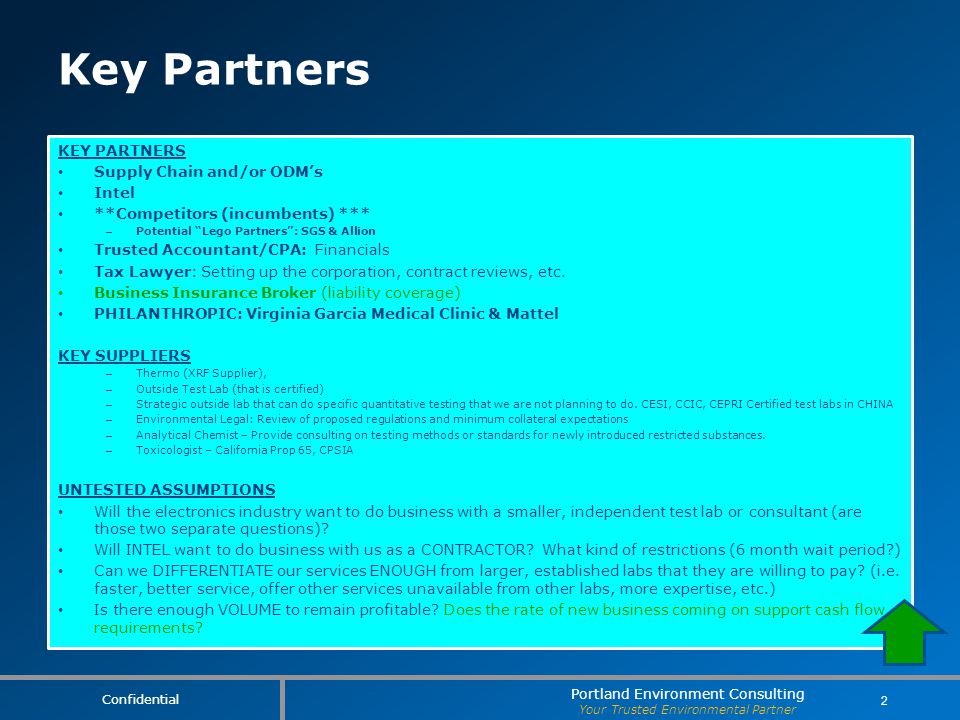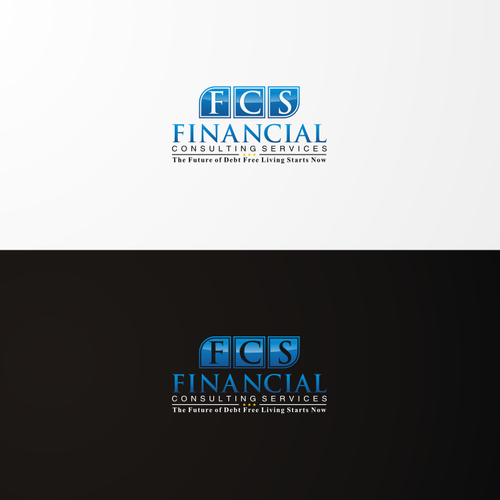
You will need to understand the requirements to be a successful educational consultant if you're thinking about a career in this field. There are many things to think about, including the education requirements and potential earning potential. Below, you'll learn more about this profession. Continue reading to learn more about the role and what the average salary for independent educational consultants.
Education requirements of educational consultants
While qualifications for educational consultants may vary depending on the job title and location, many have a master's. The Master of Arts degree in Education (MAE), which is liberal arts-based, provides graduates with an understanding of education and solid teaching and research skills. MAE programs encourage students participate in active learning and apply current teaching practices and theories. They also conduct qualitative research.
An educational consultant typically works in a school or district as an advisor or consultant for various education programs. They are responsible for reviewing curriculum, evaluating data and giving advice to educators, school personnel, and administrators. They also provide professional development for larger communities. They have a lot of experience and passion in their chosen field.

Average salary for independent educational consultants
Independent educational consultants often charge lower rates. They often charge under $140 an hour. They can help families find colleges or review college admission essays. They can also advise students on scholarships and financial aid. Independent educational consultants usually work in private practice and set their own rates. They charge a fee based on the service they provide.
Consultants are usually independent and market their services in schools and other organizations. They can charge hourly rates for their services or a set fee. While some consultants excel in sales and marketing, others have trouble with this aspect.
Earnings potential
An educational consultant is someone who has extensive knowledge in school management and teaching. They often work with college and school districts to improve education services for students. Their roles include designing curriculum, coaching teachers, and developing leadership skills. Educational consultants can also help companies improve their educational programs and services.
You must first understand the field of education to become a successful consultant in this field. Research the top challenges facing the field. Look for reliable sources that will provide information on these challenges.

Educational consultants can expect a career in the future
Over the next few decades, there will be a greater demand for educational consultants. According to the BLS educational consultants' employment will rise by 6% between 2018-2028, according to their estimates. But this growth will depend upon the budgets of both local and state governments. As schools and districts are held accountable for test scores and graduation rates, they will increasingly seek out education consultants who can provide advice on curriculum and technology. While the job outlook for educational consultants is not necessarily bright, the field is expected to grow at a faster rate than the average occupation.
Educational consultants must be knowledgeable about classroom experiences and research-based methods. He or she should also have exceptional communication skills to be able to communicate with all levels of school staff.
FAQ
What types of contracts exist for consultants?
When consultants are hired, they sign standard employment agreements. These agreements specify how long the consultant will be working for the client and what he/she will be paid.
Contracts will also outline the areas of expertise and compensation for the consultant. A contract may state that the consultant will deliver training sessions or workshops, webinars, seminars and other services.
Sometimes, the consultant simply agrees that a specific task will be completed within a set time frame.
Many consultants sign independent contractor arrangements in addition to standard employment contracts. These agreements allow consultants to work independently while still receiving payment.
Can consulting be considered a real job?
Consulting is not just an entry-level career choice for people who want to make money fast - it's also a great way to learn valuable skills and build a solid foundation that you can use throughout your work.
Consulting offers many opportunities in project management as well as business development, strategy and training. There are many projects you could be involved in, from small start-ups all the way up to large-scale multinational corporations.
Consulting gives you the chance to grow and develop your skills. This could include learning to manage teams and write proposals, manage finances, analyze data, create presentations and conduct market research.
Can you run a business consulting from your home?
Absolutely! This is something that many consultants do already.
Working remotely is a common way for freelancers to work. They use tools like Skype, Trello (Slack), Trello, Basecamp and Dropbox. To avoid being left out of company perks, they often set up their own office space.
Freelancers may prefer to work in libraries or cafes rather than in traditional offices.
And others choose to work from home because they enjoy being surrounded by their children.
There are pros and cons to working remotely. If you love your job, working from home is definitely something worth looking at.
Statistics
- On average, your program increases the sales team's performance by 33%. (consultingsuccess.com)
- "From there, I told them my rates were going up 25%, this is the new hourly rate, and every single one of them said 'done, fine.' (nerdwallet.com)
- According to statistics from the ONS, the UK has around 300,000 consultants, of which around 63,000 professionals work as management consultants. (consultancy.uk)
- Over 50% of consultants get their first consulting client through a referral from their network. (consultingsuccess.com)
- WHY choose me: Why your ideal client should choose you (ex: 10 years of experience and 6-week program has helped over 20 clients boost their sales by an average of 33% in 6 months). (consultingsuccess.com)
External Links
How To
How do you find a good advisor?
Finding a great consultant starts with understanding your expectations. Do you want them to help you improve your website's performance? You may want them optimizing your site to rank higher for search engines. Or perhaps you just want someone who can tell if there are any issues with your current hosting provider. After you have decided what services you need, it is time to start looking at potential companies. There are many consultants out there who claim they can provide these services, but only a few actually live up to their claims. How do you choose the right consultant? Here are some things that you need to keep in mind when selecting a consultant.
-
Refer to others. This is probably the best way to choose a consultant. Hire someone you don't know because they're likely to charge too much. You also don't want someone with a poor reputation to work for you. If you are lucky enough to be referred by people you trust, that's awesome! You can check online reviews even if they don't refer you. Seek out testimonials from satisfied clients.
-
Ask around. Many people are unaware that hiring a consultant could make a difference. They believe that because they're doing well, they don’t need to make any changes. This is often not true. Even if results are good, there is a chance you haven’t been keeping up-to-date with new trends and technologies. Relying on outdated methods will prevent you from maximizing your potential for growth. It is always worthwhile to ask around for recommendations of good consultants.
-
Make sure to verify their qualifications. When you're looking for a consultant, it doesn't matter whether you're building a small blog or launching a multi-million dollar eCommerce store; you want to be sure that whoever you hire has the skills needed to handle your project. It doesn't matter if they are qualified for the task or not; make sure they are knowledgeable in the field.
-
Find out which projects they are best at. Although it might seem like everyone can do everything, this is not true. You may need to have specific training or education in certain areas. You won't hire a Drupal developer if you need to build a WordPress template. This is true for programming languages and graphic design. Ask the designer what kind of projects they have worked on in the past.
-
Know what they charge. You don't want a consultant who charges too much. You also don’t want to spend too little. There are many different types of consultants. Some bill hourly, while others are charged per project. It's cheaper to know upfront what you are paying than later.
-
What do they offer? Are they providing free consultations? They will be able to offer you guidance on setting up your own system. Do they promise that your site will rank higher once you have worked with them? You can cancel the consultation without penalty if your opinion is not what you wanted.
-
Also, ask if discounts are available for multiple months and years. Many consultants offer discounted pricing over extended periods. You may not need to commit to a full year, but you may also take advantage of whatever deals they offer.